Rare commodity: Many Rawalpindi suburbs without water
People have employed tractors, mini trucks and pick-up vans to supply water to worst-hit areas
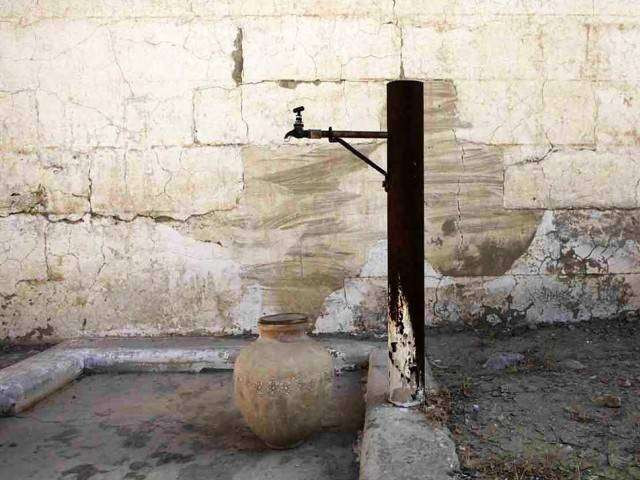
People have employed tractors, mini trucks and pick-up vans to supply water to worst-hit areas. PHOTO: ONLINE
In some areas, the situation is aggravating with each passing day as authorities have failed to ensure a modicum of water supply during the fasting month.
Residents of various localities including Adiala Road, Dhamial Road and Chakri Road complained that their localities have been at the receiving end of the supply chain with underground water table in several localities falling below 150 feet.
The water shortage is becoming acute especially during summers with the ever increasing population and unplanned commercial activities by new housing societies relying on the already shrinking sources as no new source has been added to the system during the last many years.
The Water and Sanitation Agency (WASA) supplies water to city areas — 55 million gallon per day — from Rawal Dam and through its 354 tube-wells, while the Rawalpindi Cantonment Board supplies water to cantonment areas — 30 million gallon per day — from Khanpur Dam and through its tube-wells.
The situation also aggravates in city areas in case power supply to tube-wells remained suspended for long hours. Officials claimed that water supply to city and cantonment areas was up to the mark, several localities still grapple with water shortage. Neither the Punjab government not the federal government has included major water projects for Rawalpindi in the current budget.
“I have been living on Adiala Road for the last 15 years. Every year we face water shortage from May up to the end of June”, said Ahsan Majeed.
Most houses have underground tanks to store water during summers. He said that the sweltering summer coupled with the fasting month has led to heavy water consumption.
He said that both municipal and cantonment authorities have stopped supplying water to several areas on Adiala Road.
The situation was not much different on Chakri Road where unchecked unplanned urbanisation has been ongoing for the last many years. Residents said that the underground water table has dropped significantly in their area forcing them to get water from tankers at high costs.
“Water becomes a scarce commodity in the summer on Chakri Road. Supply lines have almost gone dry. Most residents have underground tanks to store water during hot days. We have to buy water through tankers by paying Rs1,200 to Rs1,500 for a tanker,” said Raja Imran Ali, a resident of Ranial village.
The water shortage has remained a blessing in guise for those supplying water through tankers, who demand more as days become hotter with an uptick in consumption.
People have employed tractors, mini trucks and pick-up vans to supply water to worst-hit areas.
A tractor charges Rs1,500, a mini truck Rs1,200 and a pick-up van Rs1,000 for each trip.
“The quality of water supplied by private tankers from different wells is riskier. We have to use tanker water during summers as we have no other option,” said Khalid Bhatti, a resident of Ashraf Colony on Dhamial Road.
A senior official in the Potohar Town municipal administration claimed that the district government had introduced community-based water supply schemes by installing tube-wells in different areas with its maintenance giving in the hands of the locals.
The official admitted that water supply exacerbates from May to June every year before monsoon rains help raise the underground water level.
Published in The Express Tribune, June 28th, 2016.

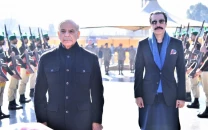
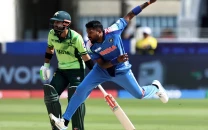

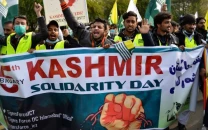
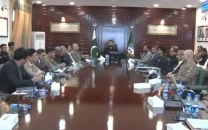













COMMENTS
Comments are moderated and generally will be posted if they are on-topic and not abusive.
For more information, please see our Comments FAQ